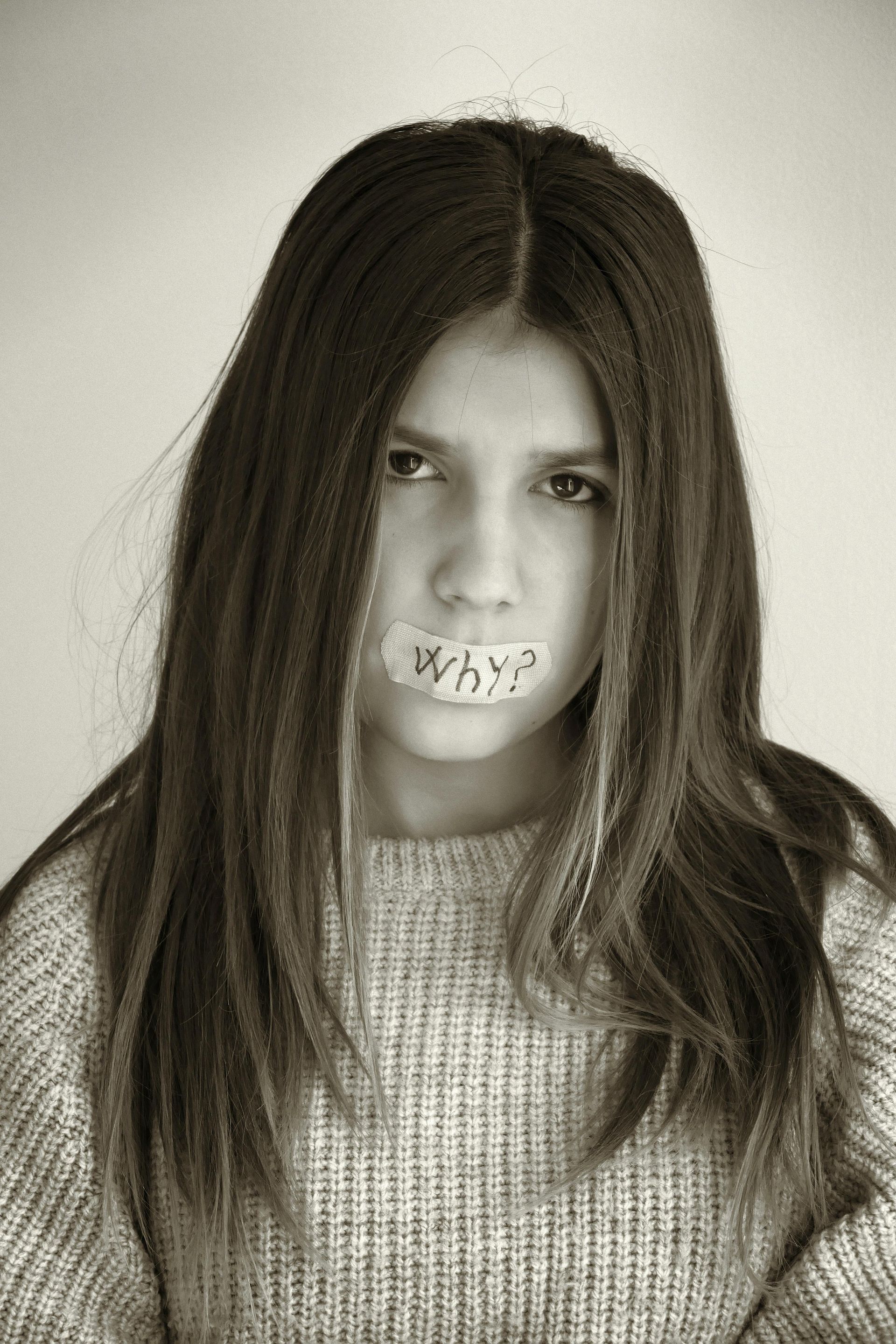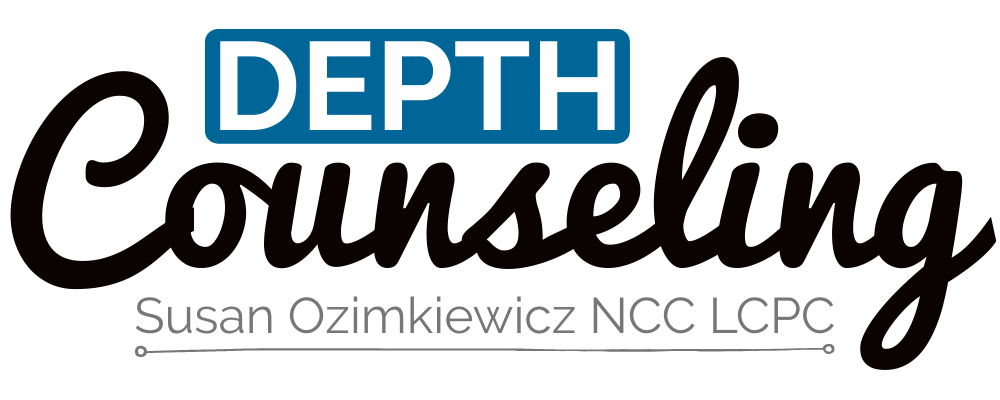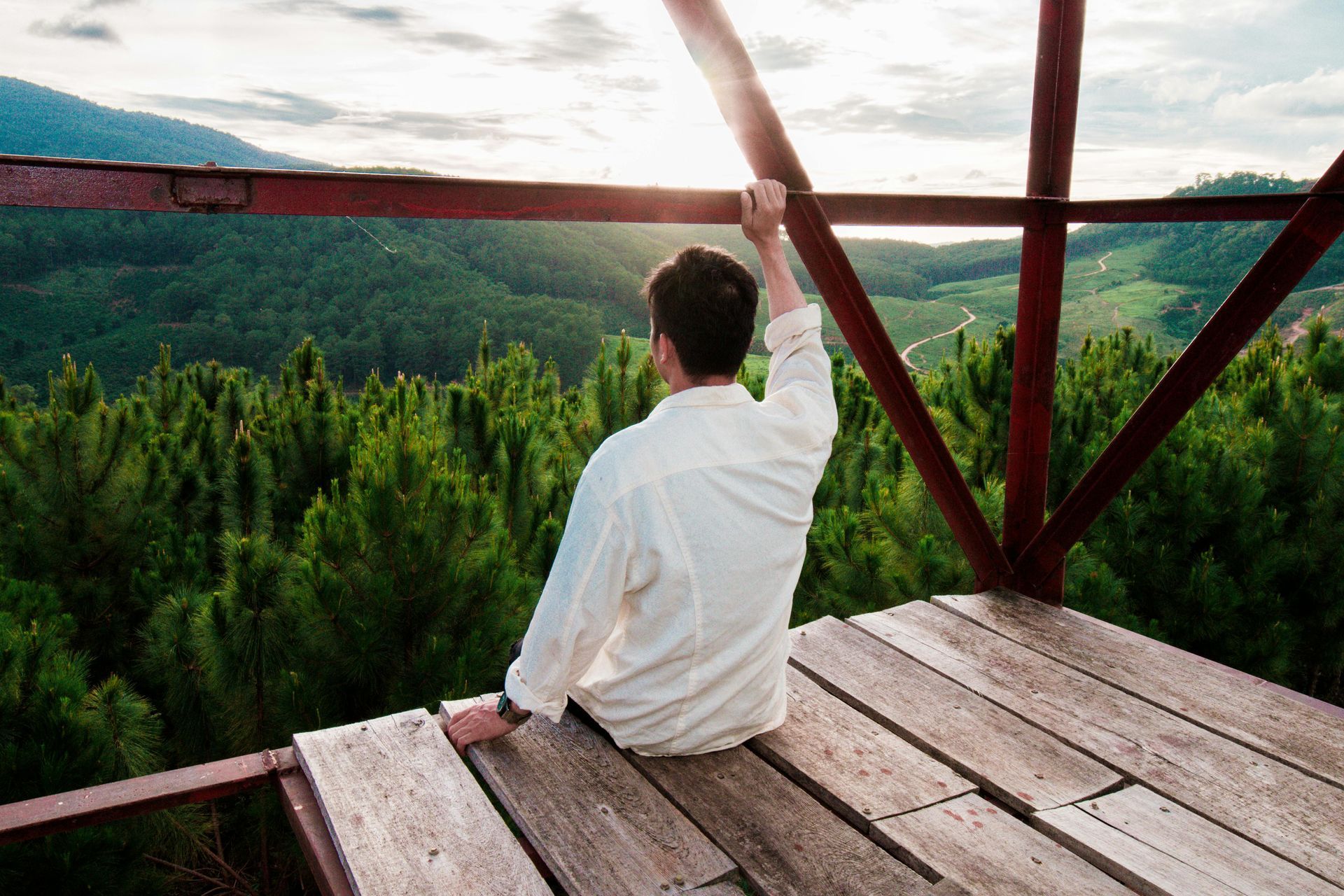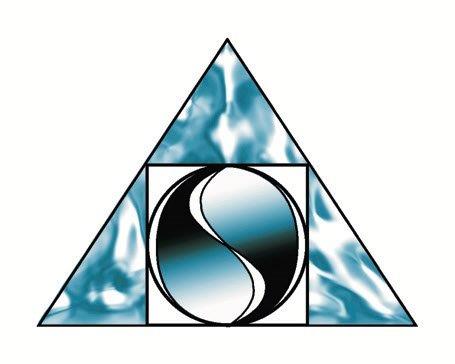A Rose for You
“In the driest whitest stretch of pain’s infinite desert, I lost my sanity and found this rose” ─ Rumi
Whoever gazes upon a beautiful aromatic rose that infuses the surrounding atmospheric environment with an enigmatic presence will notice it jogs your memory. It brings to mind a subtle stirring of something inside of you that seems far away and otherwise unknown. When standing in the presence of the rose as you look upon its beauty it touches a deep place within your inexplicable core of being. The rose and its fragrance reminded you as it prompts that longing for that inner unconnected essence.
Thorns
The rose’s spikes along its stem suggest that sometimes prickliness and thorniness might be a valid quality to use as a form of self-protection guarding your vulnerable inner essence. The rose can seem aggressive if it pricks your finger reminding you that a certain amount of assertiveness is a good thing, because there is positive and negative in everything in life. On the other hand, the rose can be reminiscent of a thorn in your side/flesh, a source of continual irritation or suffering. The barbs in your life can influence you to find your wholeness and what that might mean for you.
The live rose evokes a desired yearning that has long been forgotten. According to A Dictionary of Symbols, a rose represents completion, wholeness, and perfection. A significant quality assigned to the rose is the mystic center where that essence resides. An association with the rose aligns with the heart, Eros, Dante’s paradise, the beloved, and there are many more descriptives. The rose can arouse and allude to that unspecified sweet dream.
Sweet Dream
Many have said that poetry is the language of the soul. The voice of your soul calling to you through images and words can quicken some forgotten memory. Seemingly, everyone to some degree seeks and looks for his or her life’s sweet dream. The following verse from the Eurythmics song Sweet Dreams (Are Made Of This) speaks to this deep essence.
“Sweet dreams are made of this
Who am I to disagree?
I travel the world
And the seven seas,
Everybody’s looking for something”
It seems that seekers by that very nature are constantly seeking. The thing that they find is consistently not it, so they keep on seeking. Even so, they cannot name the “it.” I have clients that are searching and looking for who they are and their place within the world. They feel lost and out of sync with something they cannot quite put into words. Perhaps his or her life’s dream has been abandoned or lost, and they seek to find it once again. My clients are not the only ones that are hungering for their lives. The following poem, Casida Of The Rose speaks to this quest of many.
“The rose was not searching for the sunrise: almost eternal on its branch, it was searching for something else.
The rose was not searching for darkness or science: borderline of flesh and dream, it was searching for something else.
The rose was not searching for the rose. Motionless in the sky it was searching for something else.” ─ Federico Garcia Lorca
When you think about yourself do you know what you are searching for? Have you found it? Who are you in this life?
“And the day came when the risk to remain tight in a bud was more painful than the risk it took to blossom.” ─ Anais Nin
© Ozimkiewicz







